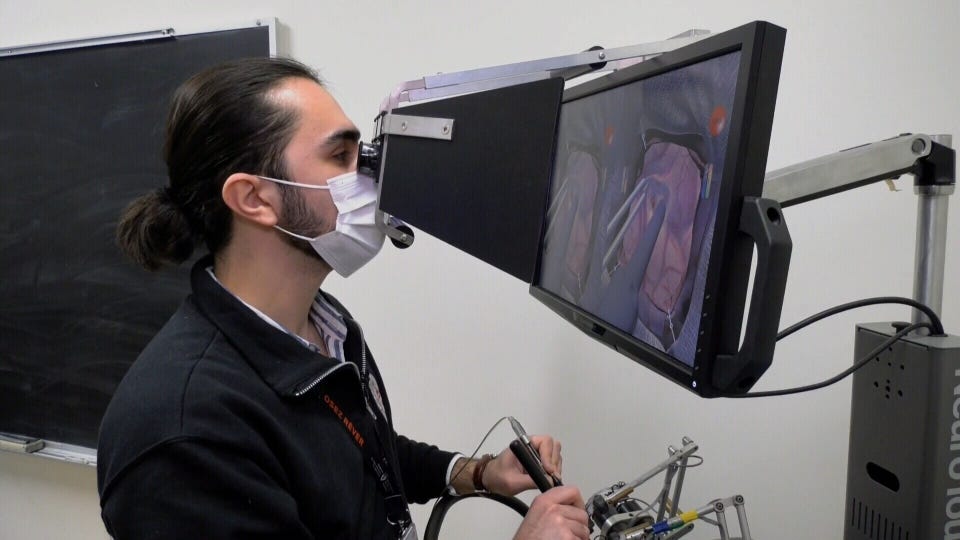Future of A.I. in Neurosurgery
Artificial intelligence tutoring outperforms expert instructors in neurosurgical training, what does it mean?
PUBLISHED MON, FEB 28 2022: 6:30 AM EST
A.I is becoming implicated in robotic surgery and even the training of the next generation of Neurosurgeons according to McGill University.
A new study from the Montreal Neurological Institute found that when it comes to teaching brain surgery, artificial intelligence (AI) performs better than real teachers. - CTV …
Keep reading with a 7-day free trial
Subscribe to AI Supremacy to keep reading this post and get 7 days of free access to the full post archives.



